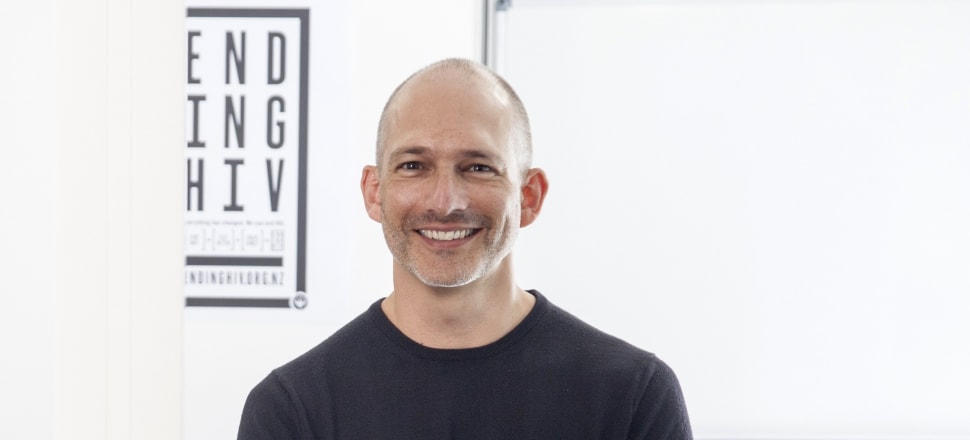
The AIDS Foundation has set the goal of zero new HIV infections in New Zealand by 2025. What more needs to happen to make sure we achieve it?
The number of people diagnosed with HIV in New Zealand is at its lowest level since the 1990s.
But a question mark remains over whether the country can reach the goal, set by the AIDS Foundation, of no new infections by 2025.
New cases peaked in 2016 – not in the 1980s as you might expect – but since then the numbers have dropped.
That's been attributed to factors like increased awareness, better sexual health practices, and the availability of effective treatments and preventative medications.
Dr Peter Saxton, an associate professor at the University of Auckland and member of the AIDS Epidemiology Group, says one of the biggest changes has been access to the drug PrEP.
PrEP, or pre-exposure prophylaxis, takes the form of a pill – it's a preventative measure and when taken correctly can reduce a person's likelihood of contracting HIV from sex or injection drug use by up to 99 percent.
PrEP is funded by Pharmac, but access to it is subject to criteria, Saxton says: among the conditions, a person must be male or transgender, be sexually active, and have had receptive anal sex without a condom in the past month.
Critics of this policy say it's too strict and puts people in a position where they have to engage in risky sexual behaviour in order to qualify for subsidised access to a preventative medication.
Additionally, PrEP is only subsidised for New Zealand residents, who pay only the cost of a doctor's visit, plus a small prescription fee. For people in Aotearoa on student or short-term visas, the cost is much greater – around $600 for a three-month supply.
Saxton says New Zealand's recent success in bringing down the number of new HIV cases leads to questions about how we maintain and build on it.
"The first is: is prevention coverage high enough to get us to zero?
"Part of answering that is understanding, is there equity in that prevention coverage? Are there gaps in some communities who don't have as good access to those prevention tools as other groups.
"If that's true, we're not going to get to zero.
"The key challenge for us working in prevention and epidemiology is working out where those gaps are, redesigning our prevention responses to make sure we respond to them, and help us get to zero."
Pharmac's new $191 million funding increase over the next two years has led to calls for HIV preventative medications and treatments to be made more available, and the drug-buying agency has just concluded consultation on whether access to PrEP, and another post-exposure treatment, will be widened.
Find out how to listen and subscribe to The Detail here.
You can also stay up-to-date by liking us on Facebook or following us on Twitter.








